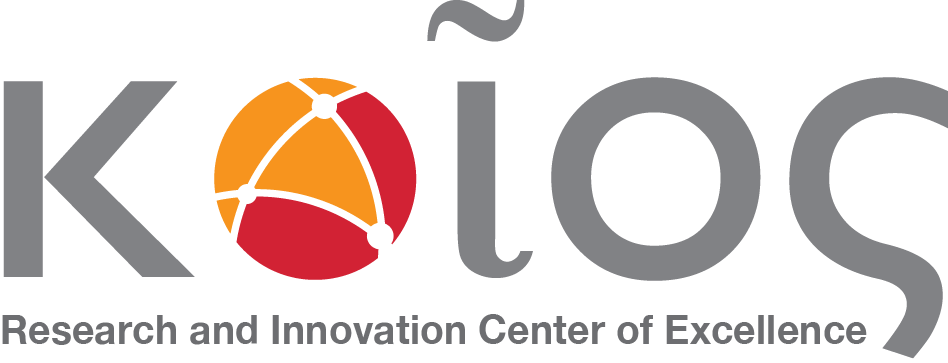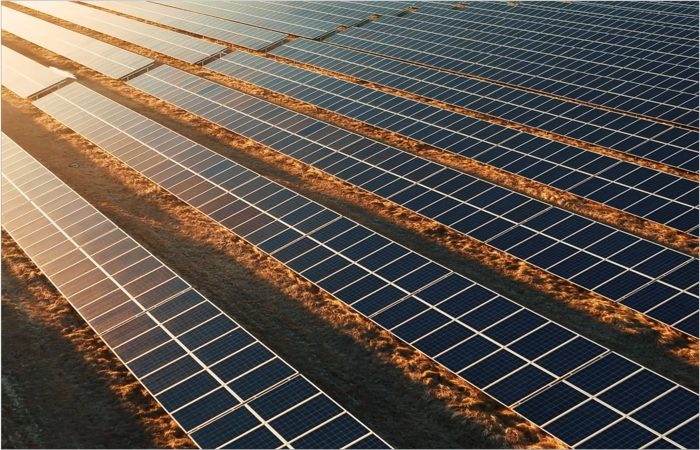The PVgnosis research project, supported by the EU SOLAR-ERA.NET Cofund 2 scheme, concluded successfully in May 2023, by developing and demonstrating technological solutions to advance the operation and maintenance of photovoltaic plants towards the massive adoption of solar energy.
The solar photovoltaic (PV) energy is considered to be an important and the most cost-effective type of renewable energy source and is expected to have a leading role in the transition towards a more secure, sustainable, and low-carbon economy. However, there are several challenges that need to be addressed to facilitate the widespread adoption and utilization of photovoltaic technologies. For example, the levelized cost of electricity generated by photovoltaic systems can be further reduced, and at the same time, the lifetime of PV plants can be extended to improve the competitiveness of the PV technology.
To overcome these challenges, the PVgnosis project partners developed an Information and Communication Technology (ICT) platform enhanced with intelligent tools for delivering advanced diagnosis, predictive maintenance, and intelligent visual inspection on installed PV plants. In this context, computer vision-based methods were developed to detect abnormalities in PV panels using images from unmanned aerial vehicles (UAVs). In addition, a next-generation prototype inverter was developed based on sophisticated control and management schemes for enhancing the PV grid integration capabilities, advancing the inverter’s reliability, and provisioning support services to modern power grids.
KIOS CoE contribution to the project’s objectives
The KIOS CoE power team played a significant role in the development and testing of multi-functional operating modes and advanced fault diagnosis capabilities for PV inverters.
For enhancing the inverter’s operational capabilities, different flexible active and reactive power control schemes were developed, to enable the provision of novel ancillary services by the PV inverter. This in turn significantly improves the operation of the distribution grid in terms of power quality, energy losses, and effective utilization of its capacity. In addition, an adaptive grid support scheme was developed for PVs to considerably support the stability of distribution grids during short-circuit faults and abnormal grid conditions.
For improving the inverter’s reliability, intelligent fault diagnosis schemes were implemented to detect and accommodate sensor failures in PV inverters, accelerating the maintenance procedure. Moreover, a junction temperature control scheme was developed to manage the thermal behavior of the switching components of the inverter during a multi-mode operation. Such a controller is able to double the lifetime and the net present value of a multi-functional PV inverter enhancing the economic competitiveness of the solar technology.
Finally, a prototype PV grid-connected inverter was developed by KIOS researchers, in which all the advanced control and fault diagnosis algorithms were integrated and tested in real-life conditions. Hence, the prototype inverter is a multi-functional and reliable device at the grid edge that can support the green transition of power systems.
In general, the smart solutions developed within the context of the PVgnosis project improve reliability and accelerate the maintenance procedure of PV plants. Moreover, they allow the effective coordination of large PV plants operation as well as the provision of valuable services for maintaining stability and enhancing the power quality of a smart grid.
“PVgnosis” is supported under the umbrella of SOLARERA.NET Cofund 2 by the Cyprus Research and Innovation Foundation. SOLAR-ERA.NET is supported by the European Commission within the EU Framework Programme for Research and Innovation HORIZON 2020 (Cofund ERA-NET Action, N° 786483).



